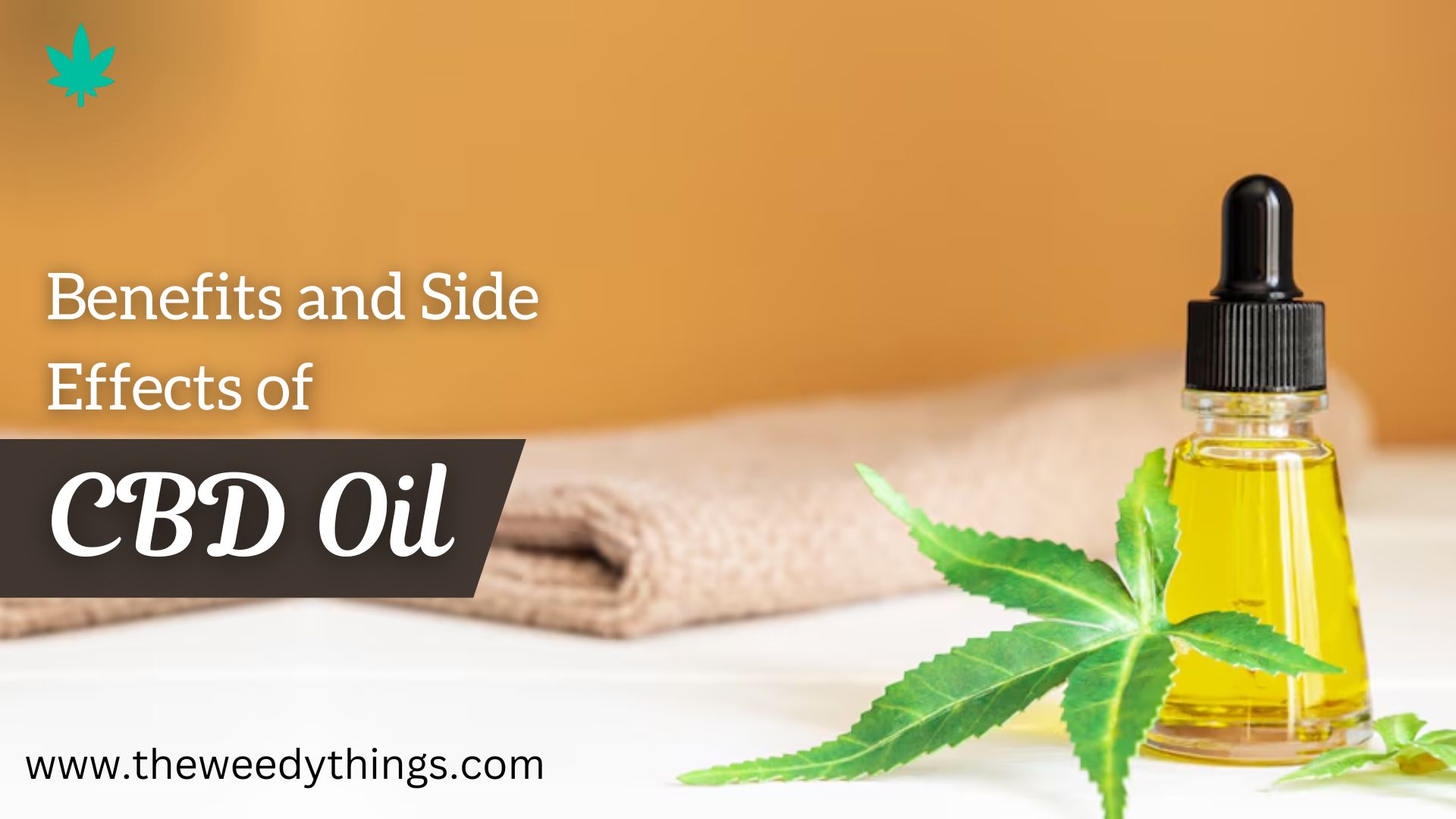Top 10 Benefits of CBD Oil
1.Pain Relief
2.Anxiety and Depression Management
CBD oil has shown promise in reducing anxiety and depression, offering a natural alternative to traditional pharmaceuticals. It is believed to work by interacting with the brain’s serotonin receptors, which play a key role in mood regulation. This makes CBD oil a potential treatment for anxiety disorders, PTSD, and depression without the side effects associated with conventional medications.
3.Alleviating Cancer-Related Symptoms
CBD oil may help alleviate symptoms related to cancer and side effects related to cancer treatment, such as nausea, vomiting, and pain. Some studies have suggested that CBD can enhance the effectiveness of chemotherapy while reducing its side effects.
4.Neuroprotective Properties
Researchers are exploring the neuroprotective properties of CBD, particularly its potential to benefit those with neurological disorders such as epilepsy and multiple sclerosis. CBD has been shown to reduce seizure activity in children with epilepsy syndromes like Dravet syndrome and Lennox-Gastaut syndrome.
5.Heart Health
CBD oil may benefit heart health in several ways, including reducing high blood pressure, which is a major risk factor for heart conditions such as heart attack and stroke. Studies have indicated that CBD’s stress- and anxiety-reducing properties can help lower blood pressure.
6.Acne Reduction
Due to its anti-inflammatory properties and ability to reduce sebum production, CBD oil may help treat acne. A study found that CBD oil prevented sebaceous gland cells from secreting excessive sebum, exerted anti-inflammatory actions, and prevented the activation of inflammatory cytokines.
7.Potential Anti-Tumor Effects
Some animal studies have shown that CBD may have anti-tumor effects, potentially preventing the spread of cancer cells in certain types of cancer, including breast, prostate, brain, and colon cancer. However, more research in humans is needed to confirm these findings.
8.Substance Abuse Treatment
CBD oil might help people with substance abuse disorders by reducing dependence and withdrawal symptoms. CBD has been shown to modify circuits in the brain related to drug addiction, and studies suggest it may help reduce heroin-seeking behavior.
9.Diabetes Prevention
Animal studies have shown that CBD reduces the incidence of diabetes and inflammation in diabetic mice. This suggests that CBD may have potential as a preventative treatment for diabetes, though more research is needed in humans.
10.Improved Sleep
Many people use CBD oil to help improve sleep quality. It is thought to address the root causes of sleep disorders, such as anxiety, chronic pain, and insomnia, helping to promote more restful and restorative sleep.
Top 10 Side Effects of CBD Oil
1.Dry Mouth
2.Drowsiness
While CBD is known for its calming effects, it can sometimes cause drowsiness or sedation, particularly when taken in higher doses. This effect can be beneficial for those seeking better sleep but may be unwanted during daytime use.
3.Digestive Issues
Some users report digestive issues such as diarrhea and changes in appetite or weight. These side effects are typically mild and can often be mitigated by adjusting the dosage.
4.Nausea
Nausea is another reported side effect, although it is less common. This may occur when CBD is taken on an empty stomach or in large doses.
5.Fatigue
While CBD can promote relaxation, it may also cause fatigue in some individuals. If you experience this, it may help to adjust the dosage or timing of intake.
6.Interaction with Other Medications
CBD can interact with certain medications, potentially affecting their efficacy or causing adverse reactions. It’s important to consult with a healthcare professional before using CBD, especially if you are taking other medications.
7.Blood Pressure Changes
CBD may cause a temporary drop in blood pressure, which can lead to lightheadedness or dizziness. Those with low blood pressure or taking medication for hypertension should use CBD with caution.
8.Mood Changes
Though rare, some users report changes in mood or irritability. Monitoring your mood and adjusting the dosage as needed can help manage this side effect.
9.Liver Enzyme Alterations
High doses of CBD can cause alterations in liver enzymes, indicating potential liver damage. Regular monitoring of liver function is recommended for those using CBD long-term or in high doses.
10.Allergic Reactions
Though uncommon, some people may experience allergic reactions to CBD oil, such as rashes, itching, or swelling. Discontinuing use and consulting a healthcare provider is advised if any allergic reactions occur.
Buying CBD Oil
In conclusion, while CBD oil offers numerous potential benefits, it’s essential to be aware of its possible side effects. Consulting with a healthcare professional before starting any new supplement regimen is always recommended. With the right approach, CBD oil can be a valuable addition to your wellness routine.
Frequently Asked Questions
CBD oil is commonly used for its potential benefits, which may include reducing anxiety and depression, alleviating pain and inflammation, improving sleep quality, supporting heart health, and helping with certain neurological disorders like epilepsy. Some users also find it beneficial for managing acne and enhancing overall well-being.
While CBD oil is generally well-tolerated, some users might experience side effects such as dry mouth, dizziness, changes in appetite, or diarrhea. Rarely, it can also lead to fatigue or irritability. It’s important to start with a low dose and monitor your body’s response.
CBD oil is considered safe for most people, but it’s not suitable for everyone. Pregnant or breastfeeding women, individuals with liver conditions, and those taking certain medications should consult a healthcare provider before using CBD oil. It can interact with some medications, particularly those metabolized by the liver.
CBD oil can interact with various medications, particularly those processed by the liver. It may alter the effectiveness of drugs, such as blood thinners or anti-seizure medications. Always consult with a healthcare professional before combining CBD oil with other treatments.
To select a high-quality CBD oil, look for products that are third-party tested for purity and potency. Check for a certificate of analysis (COA) from a reputable lab, which should confirm the CBD content and absence of harmful contaminants. Additionally, choose products that use organic hemp and have clear labeling regarding dosage and ingredients.




